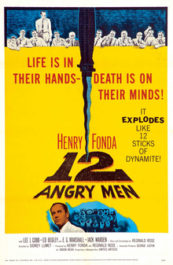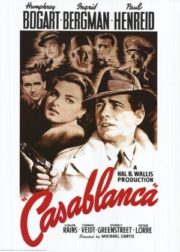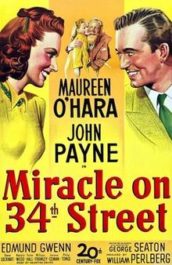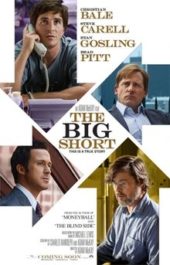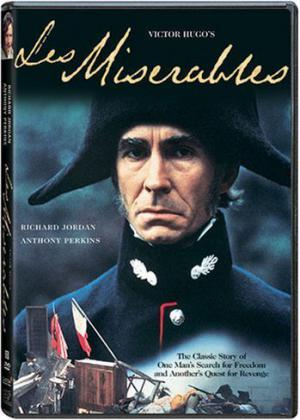
Submit your review | |
Les Misérables, released in 1978, is a remarkable adaptation of Victor Hugo's timeless novel brought to life on the silver screen. Directed by Robert Hossein, this French epic presents a gripping narrative of love, sacrifice, and social upheaval set against the backdrop of 19th-century France.
The film follows the life of Jean Valjean (played by Jean-Paul Belmondo), a former convict who seeks redemption after serving a long prison sentence for stealing a loaf of bread. As Valjean reinvents himself and becomes a respected mayor, he crosses paths with Fantine (played by Marina Vlady), a destitute woman whose tragic circumstances set in motion a series of events that intertwine the lives of various characters.
Les Misérables skillfully captures the essence of Hugo's novel, delving into themes of justice, mercy, and the pursuit of a better society. The film excels in portraying the stark social disparities and the human struggles that arise from them. It presents a powerful critique of the rigid class structure and the oppressive conditions faced by the poor, while also exploring the complexities of human nature and the capacity for redemption.
Jean-Paul Belmondo delivers a compelling performance as Jean Valjean, capturing the character's transformation from a hardened ex-convict to a compassionate and principled man. His portrayal conveys the internal conflict and moral dilemmas that Valjean faces throughout the story. Marina Vlady brings depth and emotional resonance to the character of Fantine, portraying her vulnerability and despair with poignancy.
The film's grand scale and meticulous attention to detail create an immersive experience. The lavish production design, authentic period costumes, and sweeping cinematography transport viewers to 19th-century France, capturing both the opulence of the upper class and the grittiness of the impoverished streets. The film's score, composed by Michel Magne, enhances the emotional impact of the story, adding layers of depth and resonance.
One of the film's greatest strengths lies in its ability to balance the personal narratives of its characters with the larger socio-political context of the time. It seamlessly weaves together stories of love, sacrifice, and political unrest, creating a tapestry of emotions and ideas that resonate with audiences.
While the film's runtime may feel lengthy for some viewers, it is necessary to fully explore the complexities of the narrative and the development of its characters. The depth and richness of Hugo's novel are captured admirably, albeit with some necessary condensation.
In conclusion, Les Misérables (1978) is a sweeping and emotionally resonant adaptation of Victor Hugo's masterpiece. It captures the spirit of the novel, exploring timeless themes of justice, compassion, and the pursuit of a better world. With its captivating performances, stunning visuals, and profound storytelling, this film stands as a testament to the enduring power of Hugo's work. For fans of historical dramas and thought-provoking narratives, Les Misérables remains an essential cinematic experience.






